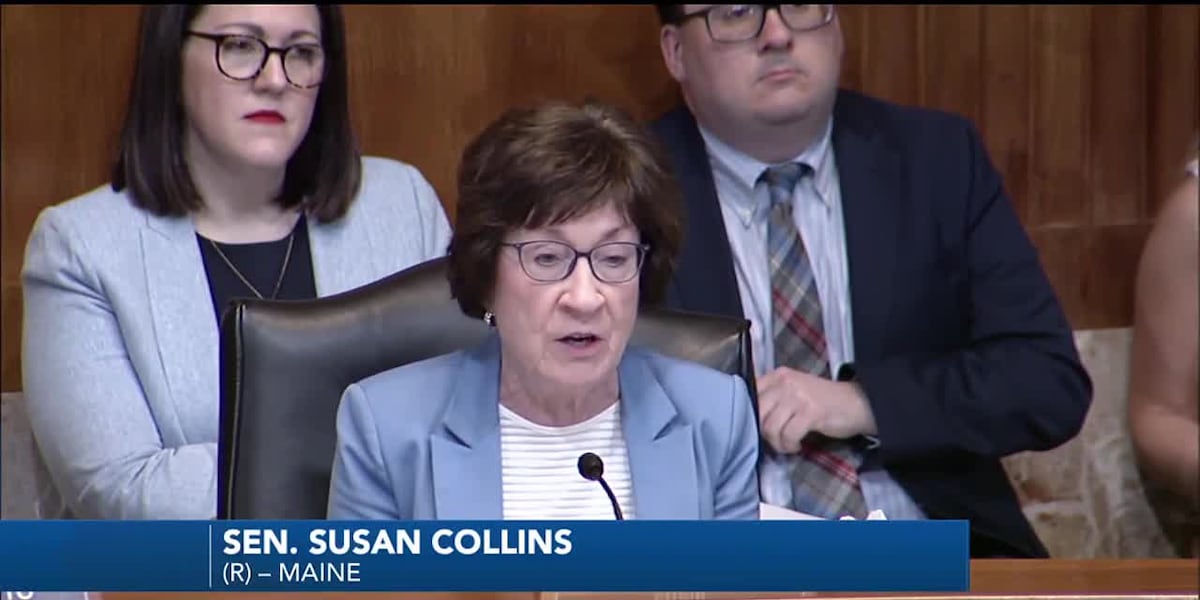Adriana Smith remains on life-support at Emory University Hospital in Atlanta.
Brynn Anderson/AP/AP
hide caption
toggle caption
Brynn Anderson/AP/AP
Adriana Smith, a 30 year-old nurse and mother, was about nine weeks pregnant in February when doctors declared her brain dead after she suffered a medical emergency.
But Smith’s mother, April Newkirk, told Atlanta TV station WXIA that doctors at Emory University Hospital have been keeping her organs functioning since then until the fetus can be delivered, citing Georgia’s law banning most abortions after fetal cardiac activity can be detected, or roughly six weeks into pregnancy.
Smith is now roughly 22 weeks into the pregnancy and has been on life support for more than 90 days.
“My grandson may be blind, may not be able to walk, we don’t know if he’ll live once she has him,” Newkirk told WXIA last week. “And I’m not saying we would have chose to terminate her pregnancy. What I’m saying is we should have had a choice.”
Case sparks legal questions
Democratic State Sen. Nabilah Islam Parkes wrote a letter to Georgia’s Republican Attorney General Chris Carr asking for clarity about how Georgia’s abortion law should be applied in this context.
“Let me be plain: this is a grotesque distortion of medical ethics and human decency,” Islam Parkes wrote. “That any law in Georgia could be interpreted to require a brain-dead woman’s body to be artificially maintained as a fetal incubator is not only medically unsound — it is inhumane.”
The law, known as the LIFE Act, was narrowly passed and signed into law by Gov. Brian Kemp in 2019, but was not in force until the U.S. Supreme Court overturned Roe vs. Wade in 2022. A legal challenge to Georgia’s abortion law is still working its way through the state courts.
“There is nothing in the LIFE Act that requires medical professionals to keep a woman on life support after brain death,” Carr’s office responded in a statement. “Removing life support is not an action ‘with the purpose to terminate a pregnancy.”
Emory Healthcare seems to have come to a different conclusion. The hospital has not addressed the attorney general’s legal opinion and has not responded to repeated requests for comment, but the health system did provide a statement to several outlets last week.
“Emory Healthcare uses consensus from clinical experts, medical literature, and legal guidance to support our providers as they make individualized treatment recommendations in compliance with Georgia’s abortion laws and all other applicable laws,” the health system wrote. “Our top priorities continue to be the safety and wellbeing of the patients we serve.”
Mary Ziegler, a law professor at the University of California-Davis, says this disconnect is not uncommon in the post-Roe era, as medical providers in states with restrictive abortion laws have become more risk-averse. Running afoul of the law can carry criminal penalties in many states.
“This scenario in Georgia right now is an example of that where you have the attorney general who says, ‘No problem, go ahead,’ and you have doctors and their lawyers reading the law and saying, ‘We’re not so sure,” Ziegler says.
Ziegler also pointed to two other Black women in Georgia, Amber Thurman and Candi Miller, whose deaths drew national attention. ProPublica reported last year that a state panel ruled their deaths preventable and likely the result of doctors being slow or unwilling to provide abortion care because of Georgia’s law. Top Republicans in Georgia have disputed whether the state’s abortion law played any role.
The cases also highlighted Georgia’s maternal mortality crisis disproportionately affecting Black women.
Debate over personhood
In the case of Adriana Smith, Ziegler says one reason Emory may be interpreting Georgia law in this way is because of a provision in the abortion law establishing what is known as “fetal personhood.”
Fetal personhood is the idea that embryos and fetuses are people and have legal rights. In Georgia, for example, residents can claim a fetus as a dependent on state taxes.
Ziegler, author of the book Personhood, the New Civil War over Reproduction, says establishing fetal personhood has long been a goal of the anti-abortion movement.
Republican State Sen. Ed Setzler, who sponsored Georgia’s 2019 abortion law, said in a statement that he believes Emory is interpreting the law correctly.
“I think it is completely appropriate that the hospital do what they can to save the life of the child,” Setzler wrote in a statement to the AP. “I think this is an unusual circumstance, but I think it highlights the value of innocent human life. I think the hospital is acting appropriately.”
After the fall of Roe v. Wade, existing state personhood laws could be enforced, resulting in consequences, both intended and unintended, such as in the Georgia case. Ziegler says the debate could open up an array of new legal questions for areas like in-vitro fertilization, the census or child support.
As these cases spur more legal challenges, the issue could eventually land at the U.S. Supreme Court.

/cloudfront-us-east-2.images.arcpublishing.com/reuters/ZG2J2WF3HFMKRGQOQBORPAEOFY.jpg)































